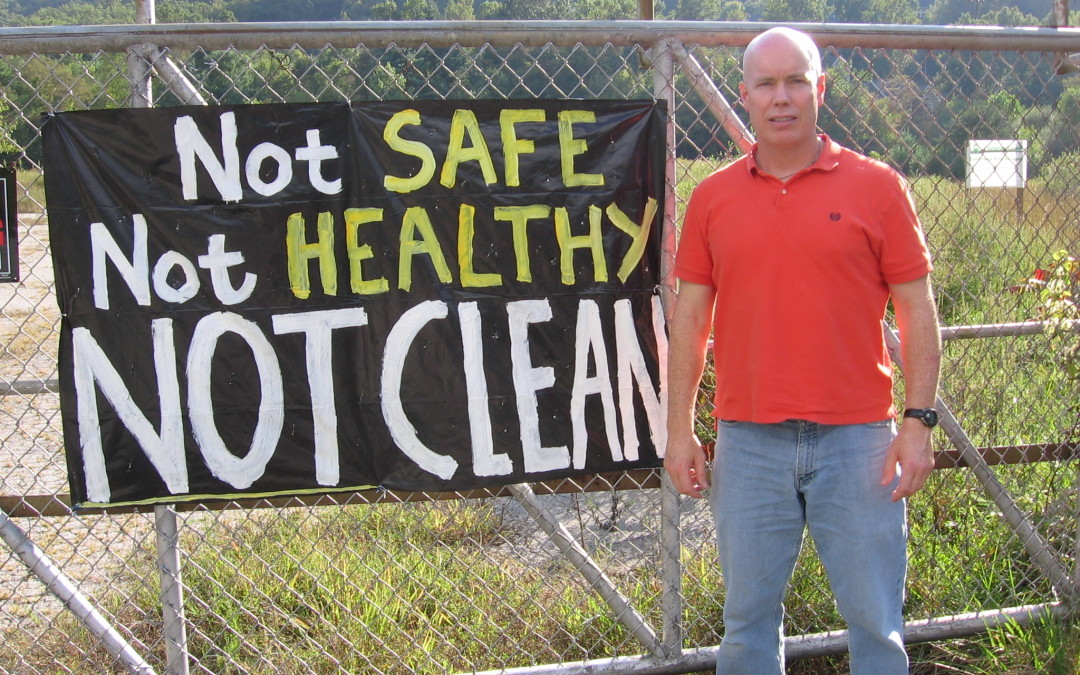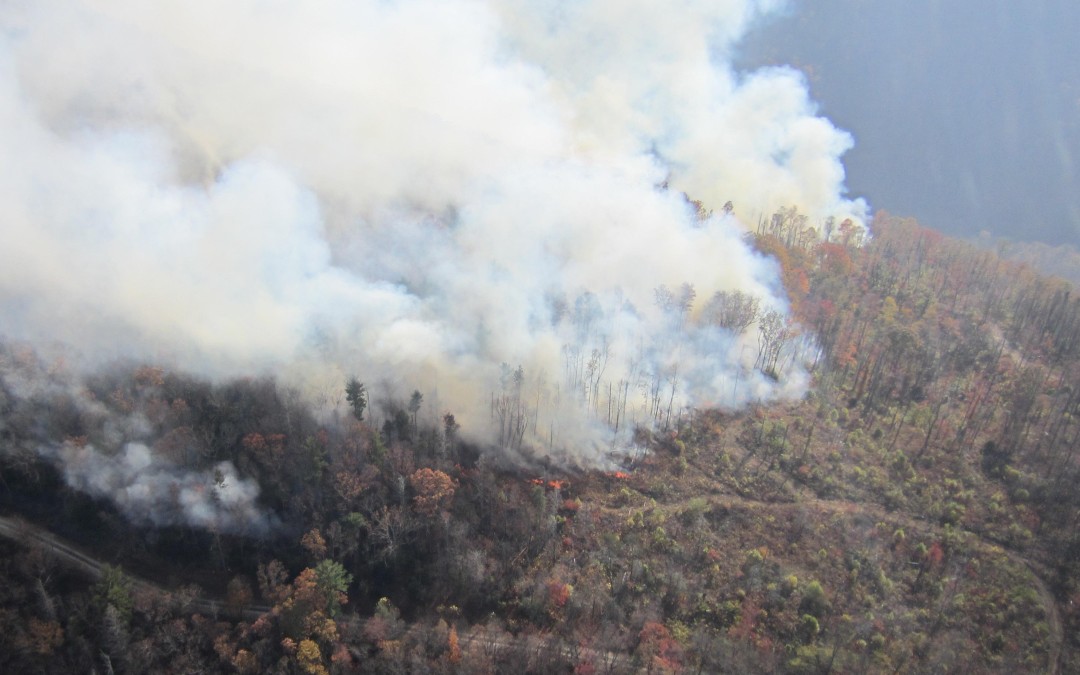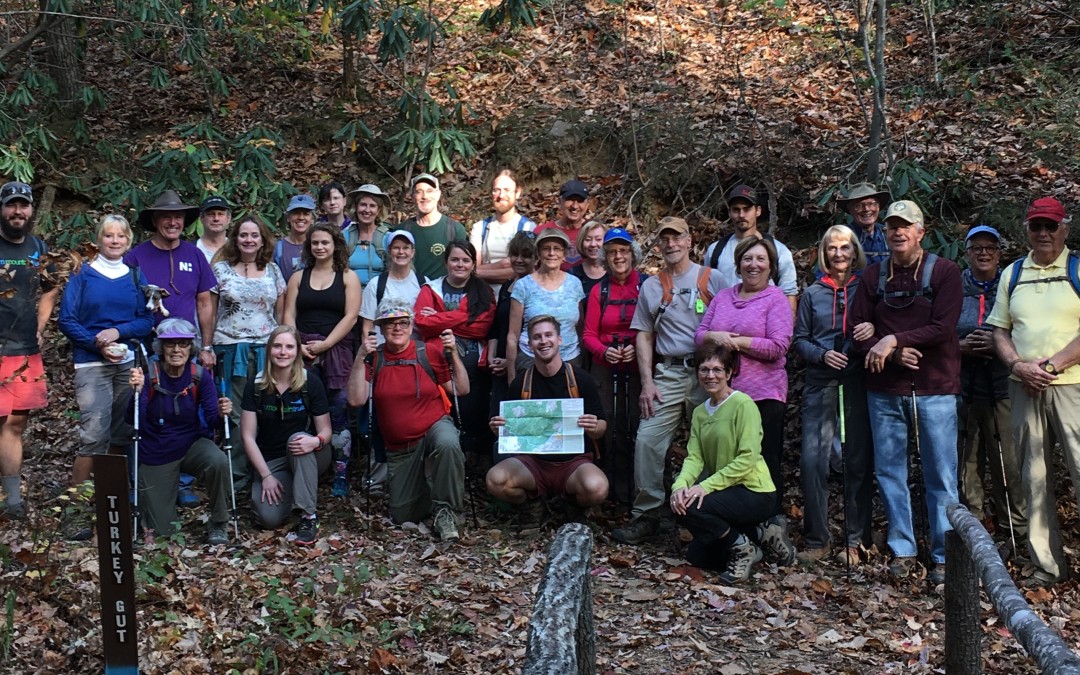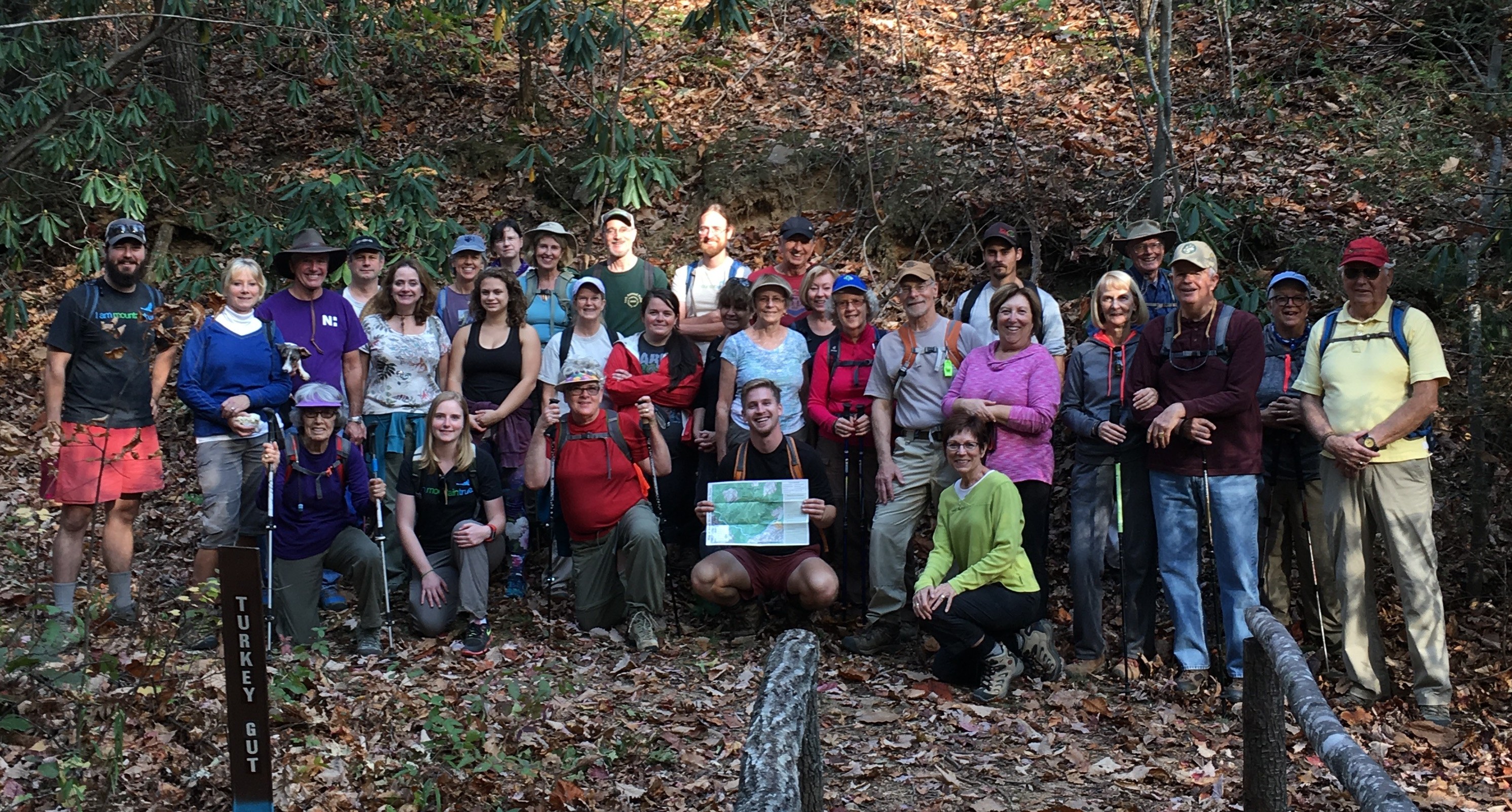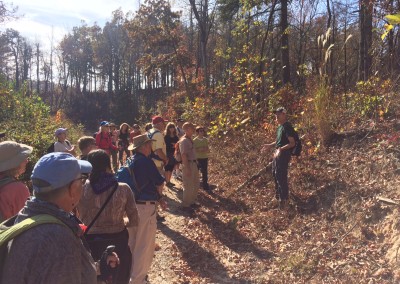MountainTrue Raleigh Report – December 7, 2016
In this installment of MTRaleigh: We have a new Governor — what does that mean for clean air and water in North Carolina? And the General Assembly comes back next week for a quick session on disaster recovery.
Roy Cooper is Governor.
This week, Pat McCrory conceded that Roy Cooper narrowly defeated him in the general election.
Cooper will have his work cut out for him when he takes office next month. North Carolina’s Republican-led legislature has been hostile to even the most reasonable environmental protections. Veto-proof majorities in both the state House and Senate will likely make most of what Cooper might want Dead On Arrival – unless Cooper can use his bully pulpit to bring the legislature to a place of agreement. Cooper’s difficulties with the General Assembly will be in place at least through the 2017 legislative session. It’s looking increasingly likely that the legislature will hold special elections in November 2017 for the 28 state House and Senate districts a federal court found to be racially gerrymandered. Depending on how those elections go, Cooper could end up with more leverage with the legislature. But for now, he will have very little room to operate.
At the administrative level, Cooper will face the challenge of rebuilding the agency that protects our air and water. Under McCrory, the Department of Environmental Quality established a reputation for combativeness with environmental groups, defensiveness with the media and coziness with permittees (what they called their “customers”). Lowlights of the last fours years at DEQ include promotion of fracking and offshore drilling, nuclear fuels, and removal or lack of enforcement of rules to protect water quality and enforce the clean-up of Duke Energy’s coal ash pits. We’d also note a 53% reduction in the number of DEQ water quality enforcement actions since 2009.
Whomever Cooper picks to lead DEQ, the new Secretary will face a daunting list of internal and external challenges. Those include rebuilding the agency’s credibility, separating the ideologues hired during the McCrory years from the professionals within the DEQ ranks, restoring agency morale, navigating changes in environmental rules at the federal level and continuing to fend off a hostile legislature.
Special Session on Disaster Recovery
Next week, the legislature is scheduled to meet briefly – for one or two days at the most – to approve funding from the state’s so-called Rainy Day Fund to help the state recover from its recent spate of disasters, including the wildfires that occurred in our region earlier last month. Look for legislators to try to keep their recovery legislation focused on state matching funds for federal FEMA assistance for agricultural losses, housing and infrastructure such as damaged roads and highways.
During the last few weeks, MountainTrue staff has talked to several legislators about including some preventive measures in the disaster package that are specifically targeted at WNC. These included funding to map potential landslides and money to evaluate and clean-up the most high-risk animal waste ponds in our region – there are more than 40 – before the next big storm pushes that waste into our rivers and streams.
The bad news is that legislators are reluctant to add anything to next week’s disaster bill that isn’t directly related to Hurricane Matthew or the fires. They fear that doing so will open the bill up to dozens of funding suggestions and bring the entire process to a grinding halt.
The good news is that there seems to be some momentum for disaster-prevention initiatives during the regular 2017 session – so look for MountainTrue to advocate for these ideas and others when legislators return to work in Raleigh in January.
That’s it for now. We’ll send you another MTRaleigh update after the New Year, as we preview Cooper’s new executive appointments, the new legislature and the General Assembly’s first day, January 11.
(PS – MountainTrue is the only western NC environmental organization with a year-round lobbyist in Raleigh looking out for our mountains. Won’t you please consider making an end-of-the-year donation to support our state advocacy work? Click here to help – and Thanks!)
